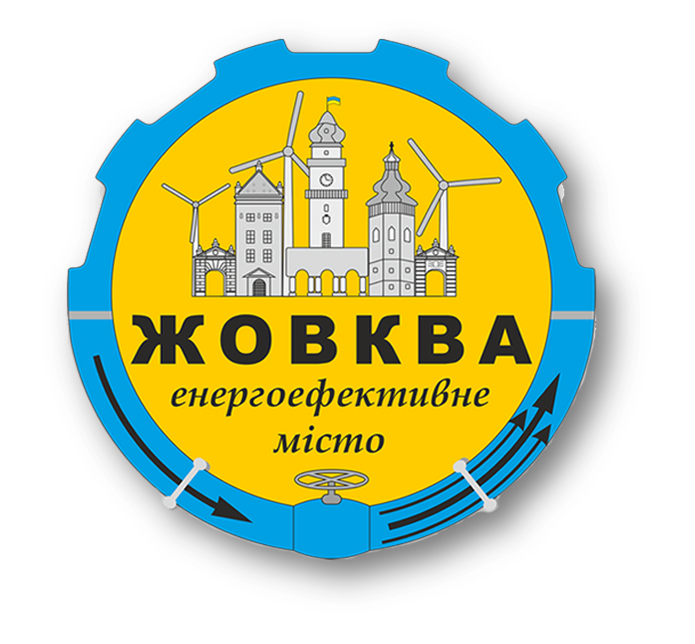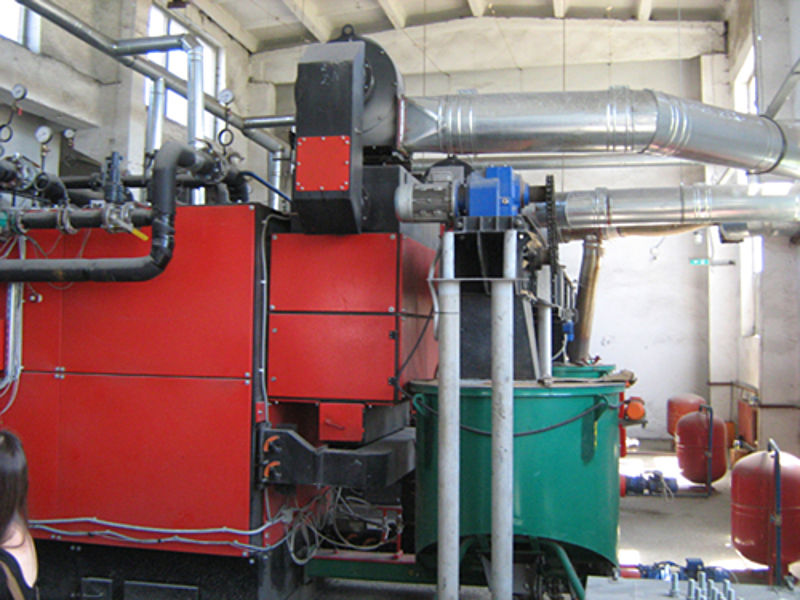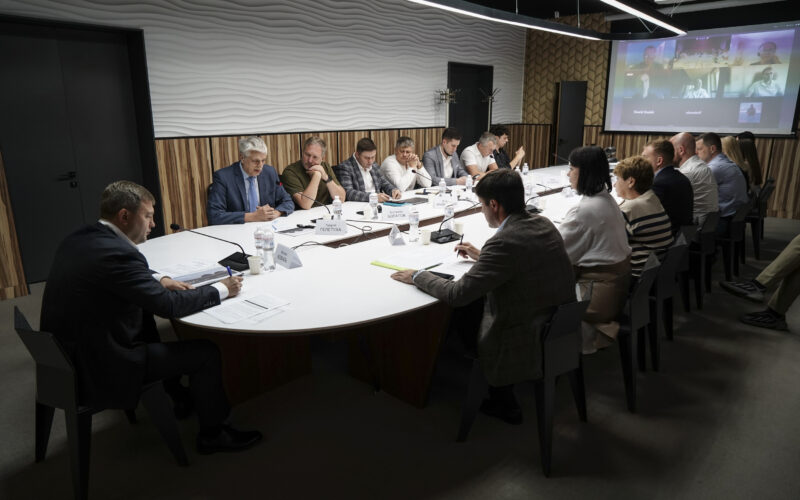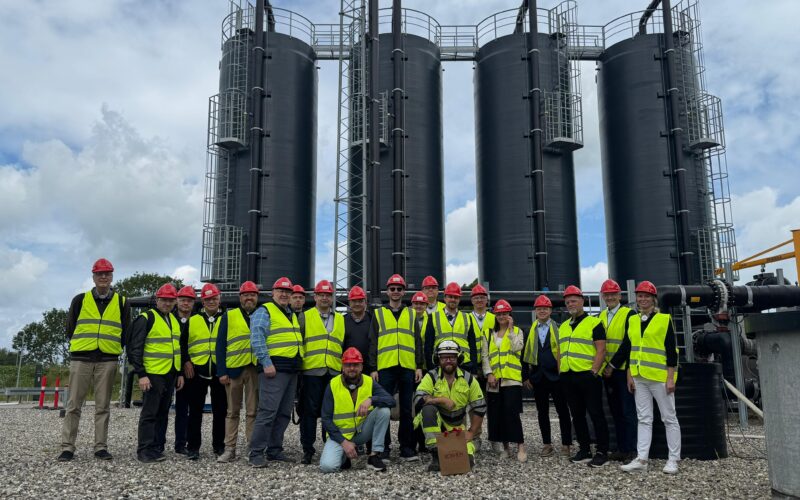Almost half of the Zhovkva city uses biomass for district heating

The implementation of a number of projects made it possible to reduce the tariff for the population by 10%, and for organizations by 30%. At the same time, Zhovkva reduced gas consumption for the population by 30%. Note that the city has more than 13 thousand inhabitants. About 30% of heat is produced by burning waste from woodworking and biomass processing.
District heating of Zhovkva
There are four boiler houses in Zhovkva, two of which run on biofuel. Boiler rooms were reconstructed and solid fuel boilers were installed. Gas boilers operate in standby mode, ie they are started only when the temperature drops sharply. At other times, heat is provided by biomass.
The system is fully automated: as soon as the air temperature drops sharply, conventional gas boilers come to the rescue. The capacity of renewable generation is 10,282 Gcal / h, in particular:
- population — 7,229 Гкал/год.;
- budgetary institutions — 2,760 Гкал/год.;
- other organizations — 0,285 Гкал/год.
This type of boiler room on an alternative fuel simultaneously heats budgetary institutions, the population, and private consumers.
In Zhovkva more than 40% of heat is produced from renewable energy sources: sawdust, wood chips, wood pellets, etc.

The path to energy independence and energy efficiency
Implementation of energy-saving measures and reconstruction of boilers from gas to alternative fuels began in 2010. The first steps to install solid fuel boilers were made in 2005-2006. Due to a comprehensive approach, Zhovkva halved gas consumption.
For example, individual heating points are installed in communal apartment buildings and budgetary institutions within the framework of the European Union programme “Covenant of Mayors – Demonstration Projects”. These special systems adjust the temperature in the room. The ability to lower and raise the temperature as needed helps to save on heating costs.
Also, about 70% of the old heating networks were replaced with new ones, and they were merged.


The local energy revolution is embodied in grants from European foundations and institutions. Millions of euros in grant funds were invested in Zhovkva’s energy sector. Further projects are aimed at minimizing heat leakage. At present, the old Soviet pipes in the areas from boiler houses to residential buildings have been partially replaced by new, completely insulated ones.
Fuel
Fuel is harvested in summer. Mostly it is waste from woodworking facilities. In winter, they are crushed and burned in the boiler room.


